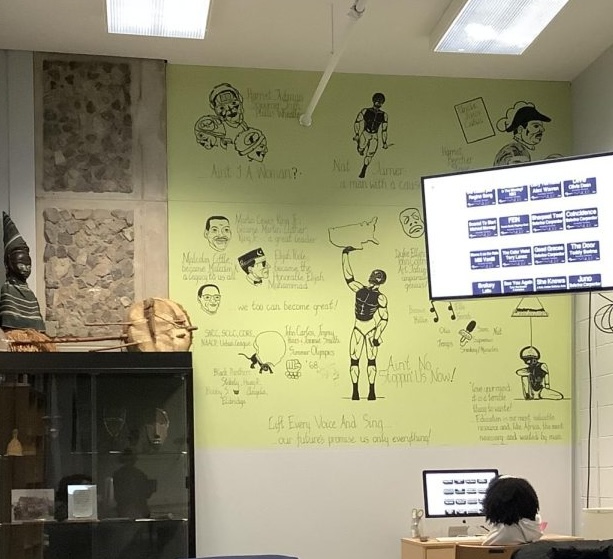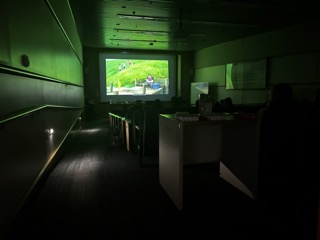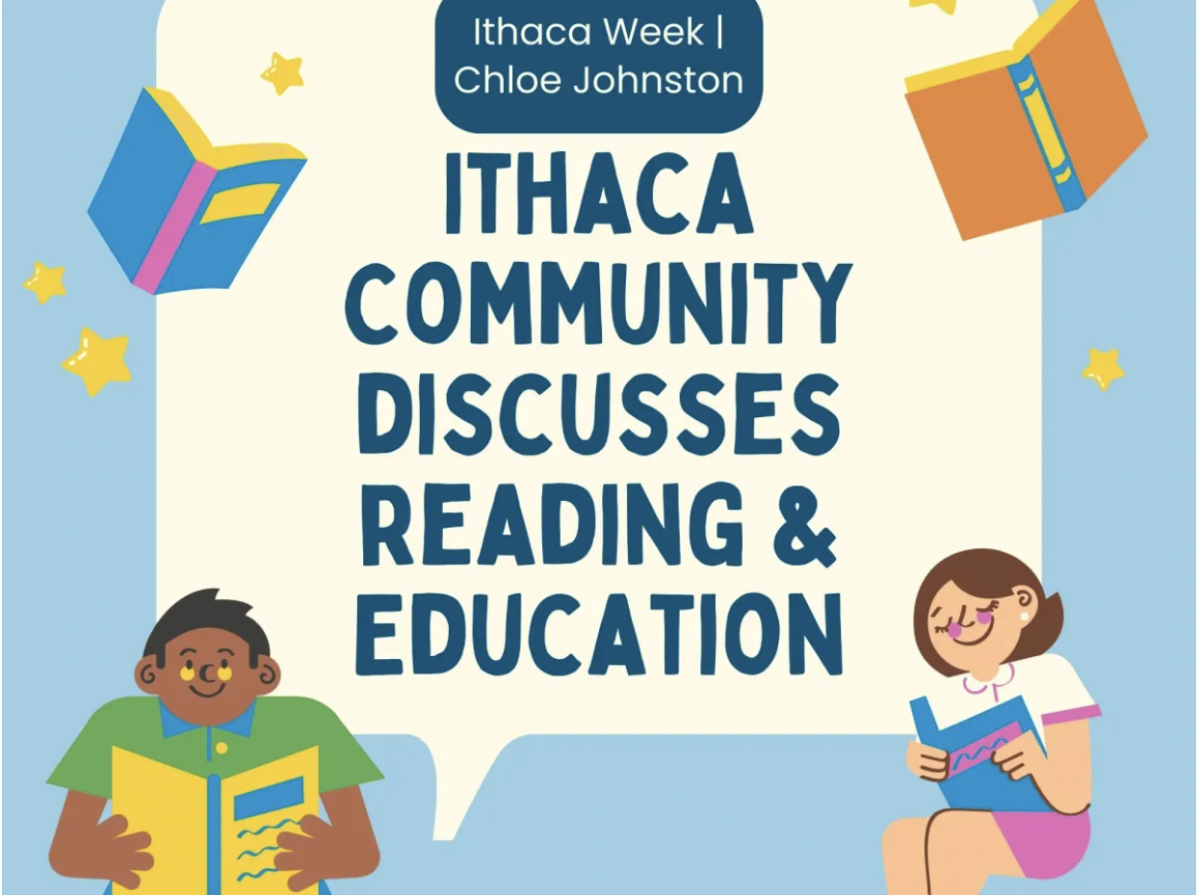The New Roots Charter School presented the documentary “Most Likely to Succeed” at Cinemapolis, an independent theater in downtown Ithaca on Thursday, Feb. 4. Community members gathered to watch the inspiring documentary about alternative learning and participated in a panel discussion after the screening.
The screening was sponsored by Ithaca College, Cornell University’s education minor and Alternatives Federal Credit Union, so community members were able to participate in the event free of charge.
The documentary, “Most Likely to Succeed” suggests California’s project-based, high school High Tech High to be one answer for success.
For principal of New Roots Charter School, Tina Nilsen-Hodges, the goal of the event was to shed light on charter schools and alternative teaching methods. She said she wanted to begin a conversation about innovative practices in high school education. The event was a means of introducing this discussion.
The event helped to inform the Ithaca community’s understanding of a charter school that shares similar practices and ideals to the New Roots Charter School. Similar to High Tech High, the staff at the New Roots Charter School emphasizes the value in project-based learning.
Nilsen-Hodges said,“We aspire to do more of the project-based learning that High Tech High does. We have a kind of hybrid here where we maximize the project-based learning that we can do within some more traditional kinds of structures.” The traditional structure comes from having to prepare students at New Roots for New York Regents examinations.
The New Roots Charter School has an academic program featuring hands-on, community-based learning that supports students in solving real-world problems. Students are often involved in projects that focus on solving issues regarding environmentalism and sustainability.
Jhakeem Haltom, Dean of Student Life at New Roots, said a student’s knowledge of these local issues helps them better understand how the world is affected and how it can be improved.
Haltom said one of the benefits of a project-based learning school is reinforcing social order in high schools. He compares normalized high schools to a deck of cards in which everybody follows suit. He distinguishes this type of atmosphere from an alternative school like New Roots.
“In this type of setting, in a project-based learning setting, you literally take those cards and you throw them up and you just put them together and shuffle them.”
Haltom discussed the self-reflection that takes place in a project based learning school. “I think the benefit is that people find their own inner voice, their own intelligence, their own way of moving through the world,” Haltom said.
Haltom said that a project-based learning school is valuable for children who might not be successful in a normalized public school setting.
“You’re turning corners with students who have kinda been identified as potentially not being as successful in school, but through a project-based learning environment they’re starting to find that they have value in society, they have value for their community,” Haltom said.
Mara Jacobs is the daughter of the co-founders of High Tech High, Gary Jacobs and Jerri-Ann Jacobs, and is currently a junior at Cornell University. Jacobs was part of the panel discussion, along with her parents, principal of New Roots, dean of Student Life at New Roots and Noah Brown, a student at New Roots. Mara Jacobs attended High Tech High before attending Cornell and shared some of her thoughts about her high school experience.
“I think one of the biggest things that High Tech High taught me was definitely this idea of grit and working through difficult times that were happening,” Jacobs said.
One criticism of a project-based learning school is whether or not the material students learn prepares them adequately for college. Jacobs said that while she did learn how to study on her own, she had better communication skills compared to other students when working on projects at Cornell.
“I just think in general I am much more prepared for life than I would say for college, but in the long run I think that’s definitely better,” Jacobs said.
Noah Brown, a student at New Roots, reflects on his own ideas about the power of project based learning.
“These schools are teaching you to learn skills separate than just geography, learn skills separate than just algebra. They make you learn the real world skills that might end up changing your life,” Brown said.













